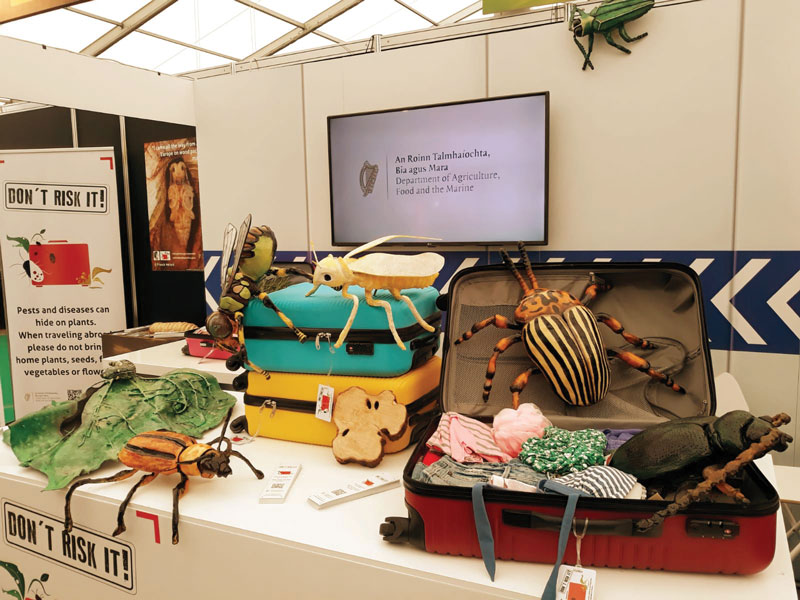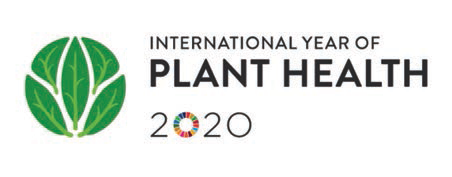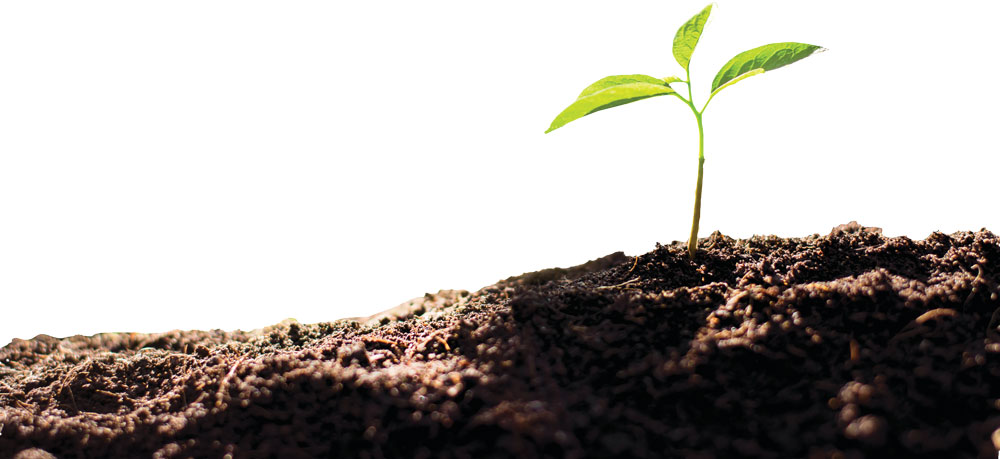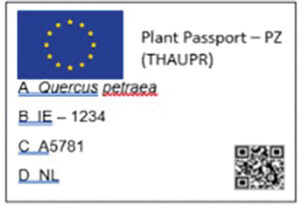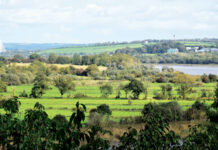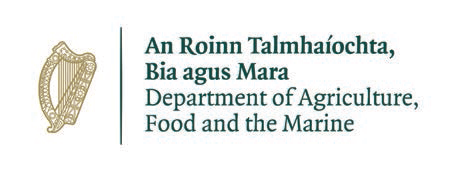
Our Garden – The Great Escape of COVID-19The Covid-19 pandemic has been an immensely difficult time for people living in Ireland and around the world. The Government made the difficult decision to put the country into lockdown to protect the country and its people. The lockdown of the country, although necessary, has had a huge impact on Ireland’s economy, with many people out of work and businesses having to close their doors. This was also the case for the horticulture industry with most garden centres, nurseries and landscapers closed during what should be one of the busiest times of the year. With the easing of restrictions on businesses and people, most garden centres, nurseries and landscapers are back operating albeit in a limited capacity. This is also the case for DAFM, having been focused on protecting the necessary supply chains for Irish businesses and consumers, normal duties are beginning to step up again. People have been spending more time at home and in their gardens and with garden centres and nurseries open and landscapers back in operation, there are some positive signs for the horticulture industry in Ireland. The industry is commended for making the switch to online sales when the normal engagement was not possible which will no doubt become one of the emergent opportunities of Covid-19. Remember any business selling plants online must be registered with the Department of Agriculture, Food and the Marine and all plants for planting sold online must have a Plant Passport. Bloom which is the main showcase event for the amenity sector also became a casualty of Covid-19. With so many preparations already in place by Bord Bia and many of Bloom participants, it was celebrated with Bloom at Home 2020. The Bloom at Home campaign encouraged the public to come together and celebrate Bloom from their own homes and gardens. Social media played a central part of the campaign, with national competitions where people could share their gardening efforts online. Gardening has benefits that are scientifically proven to create a sense of calm, to reduce stress levels, to speed up recovery time for those that are ill and certainly brings a sense of community and pride. ✽ |
Don’t Risk It!
The recent interception of Oak Processionary Moth (OPM) in Dublin highlights how pests can move across borders. OPM is a plant pest, primarily of oak (Quercus) trees. The adult moths and juvenile caterpillars can cause defoliation of oak trees. More importantly, the juvenile caterpillars can be injurious to human health as they release microscopic hairs when disturbed, which can cause skin irritation and breathing difficulties. The OPM found on an oak tree in Dublin was eradicated immediately and the trees which had been planted were destroyed. As a result of the threat this pest poses, the Government introduced new legislation in January 2020 to prevent its introduction into Ireland. This Order requires any person bringing Quercus plants or trees into the State to notify the Department of Agriculture, Food and the Marine in writing at least two days in advance at the following email address: plantandpests@agriculture.gov.ie. |
Preventative Measures
DAFM regularly conducts inspections and surveys of garden centres, nurseries, parks, roadways and private gardens to monitor and maintain Ireland’s plant health and prevent outbreaks of plant pests. DAFM also inspects plants and plant products being imported from outside of the EU. All plants for planting, moving within the EU, are now required to carry a Plant Passport. This allows for traceability of all plants and allows for timely response in the event of an outbreak. Under the new Plant Health Regulation (EU) (2016/2031) garden centres, nurseries, landscapers and internet sellers are required to register with DAFM. This registration is required as it allows for the traceability of all plants within the EU and Ireland. Registration is free of charge and the registration forms can be accessed from the Dept. of Agriculture website: https://www.agriculture.gov.ie/farmingsectors/planthealthtrade/registeringasaprofessionaloperator Registration of Professional Operators and the introduction of a harmonised Plant Passport system across the EU will lead to a more robust system of traceable plants and plant products in not only Ireland but all over the EU. Plant and plant products which are from an area where a protected zone exists, have further protection in that the Plant Passport is required to the end-user. A protected zone is an area of the EU which is free from a quarantine organism despite favourable conditions for them to establish themselves. The effect of such organisms are also measured in terms of economic, social and environmental impact should the organism become established Ireland has 22 of these protected zones which play a major role in protecting our high plant health status.
The Plant Passport is standardised throughout the EU, where these letters indicate the same information throughout the EU. As we enter the final phase of lockdown, we hope the industry can build on the work and commitment of a challenging spring and above all for our families and loved ones to be safe in the new normal. ✽ |



